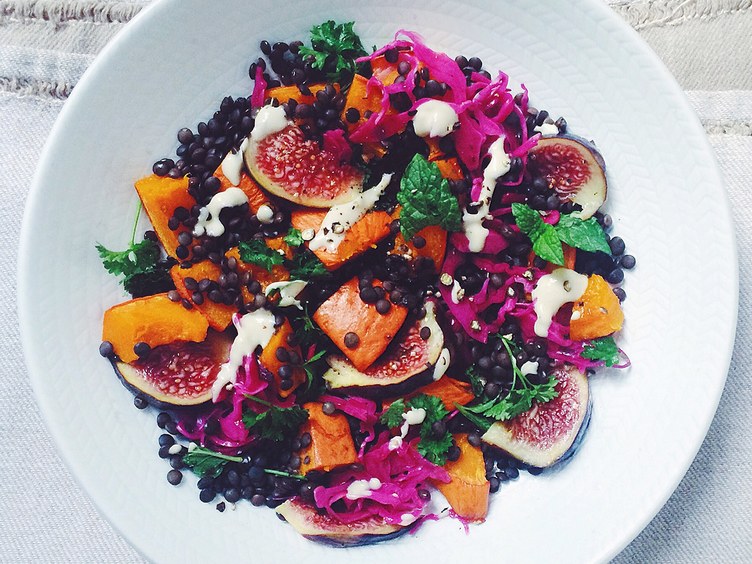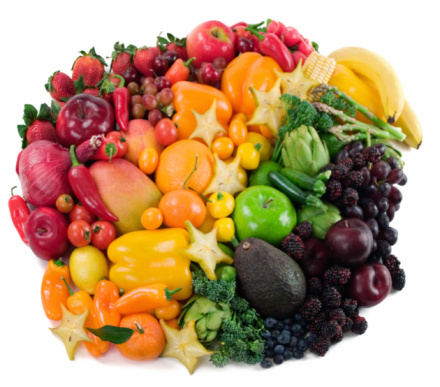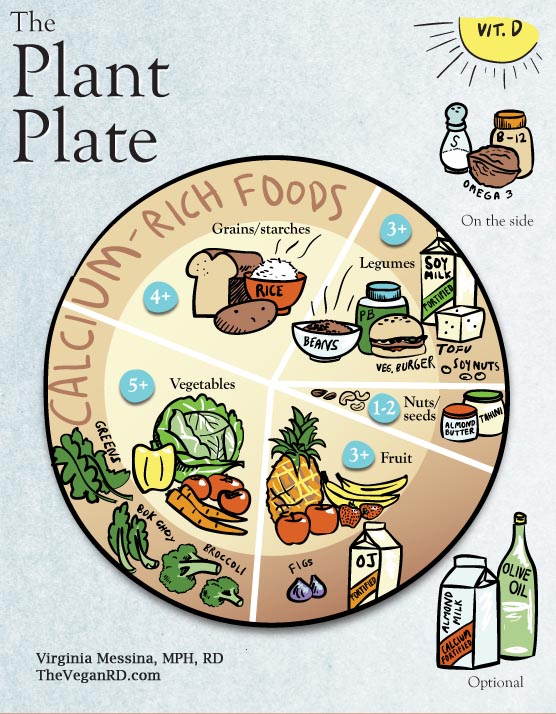Disclaimer: This article is for informational purposes only, consult with your pediatrician first to see if a vegetarian or vegan diet is right for your child.
Children that are fed “fruits, vegetables, whole grains, and legumes” are typically leaner and healthier than their meat-eating age peers. In addition to this, they live longer as adults. A vegetarian diet provides people with a chance to experience a diverse, nutritious food. Eating habits are established from early childhood, and eating plant foods can result in a health advantage later in life. Plant foods offer “fiber, antioxidant vitamins, minerals and phytochemicals.”
VEGETARIAN DIETS
Plant-based diets are useful for the development of children at all developmental stages. Early on, a child’s nutritional needs are best met by the mother’s breast milk. Some mothers continue to breastfeed their children until the age of one or longer. However, breastmilk should not be the only source of nutrition for a baby, and weaning is recommended to start at six months. In the weaning process, a soya formula that is complemented with iron, calcium, vitamins B12 and vitamin D is useful. However, soya milk and oat milks alone do not have the right combination of carbohydrates, proteins and fats. In addition to this, they lack important nutrients for growth. Pediatricians suggest introducing babies to solid foods at six months. The best options for them are “soft plant foods, cooked cereals, mashed fruits, and well-cooked vegetables.” For toddlers and young children, the preparation of food can be a way to get them excited about their meals. Children in school age are interested in learning where their food comes from. It is a good idea to take them to farmers’ markets, gardening activities, and to teach them how to cook. Adolescents that consume vegetarian diets can keep a healthy weight more easily. Compared to meat-consumers, they have less issues with allergies, acne, and gastrointestinal problems.
Research studies show that the growth of vegetarian children is more gradual than that of children that consume meat. Also, vegetarian children grow at a more gradual rate than meat-eaters. At first, they grow slowly, but then they catch up. The final height and weight measurements of vegetarian children are the same as that of meat-consuming children. Similarly, breast-fed babies grow slower than bottle-fed babies. At an early age, slower growth is correlated to less disease risk later in life.
A study from Harvard School of Public Health found that children that consume animal protein, such as eggs, meat and dairy products, have a reduced age of puberty. More specifically, girls, between the ages of 3 and 8, that consumed more animal protein than vegetable protein, began puberty earlier. From these results, it can be argued that nature intended for the human body to grow gradually and to reach puberty later.
VEGAN DIETS
According to the Academy of Nutrition and Dietetics, children and toddlers can follow a vegan diet as long as it includes vitamin B12, vitamin D, calcium, iron, protein and fiber. Some nutrients like Vitamin B12 are only found in animal products. For this reason, vegan families should use supplement or fortified foods. These are present in rice beverages, cereals and meat substitutes. A big concern for vegans is getting too little calorie and protein intake. Vegan nutrition is less energy dense. For this reason, children need to eat large quantities to acquire enough energy. Since children have small appetites, reaching their calorie needs can be a problem. Supplementing foods with healthy oils, such as soya bean oil or rapeseed oil, will add more calories to meals and stimulate the production of fatty acids required for brain growth.
A big concern for vegans is getting too little calorie and protein intake. Vegan nutrition is less energy dense. For this reason, children need to eat large quantities to acquire enough energy. Since children have small appetites, reaching their calorie needs can be a problem. Supplementing foods with healthy oils, such as soya bean oil or rapeseed oil, will add more calories to meals and stimulate the production of fatty acids required for brain growth.
Proteins are important in a young person’s diet. Important sources of protein include “pulses, beans, lentils, quinoa, nuts and nut butters.” Today several supermarkets and health food shops offer a variety of egg replacers. For an adequate nutrition, three portions of vegetable protein are needed daily.
To get all of the necessary nutrients it is useful to eat meals that use a variety of ingredients. Protein and fiber can be obtained from beans, and leafy greens provide vitamins A, C and K. The more colors you select, the more benefits you will obtain. Red tomatoes offer heart healthy lycopene, blueberries provide the brain with anthocyanins, and orange sweet potatoes benefit the eyes because of their vitamin A.








